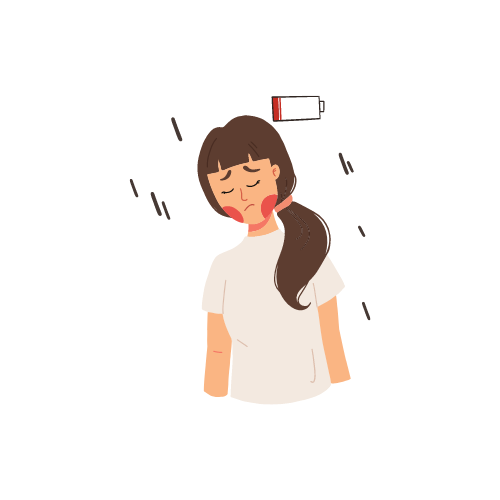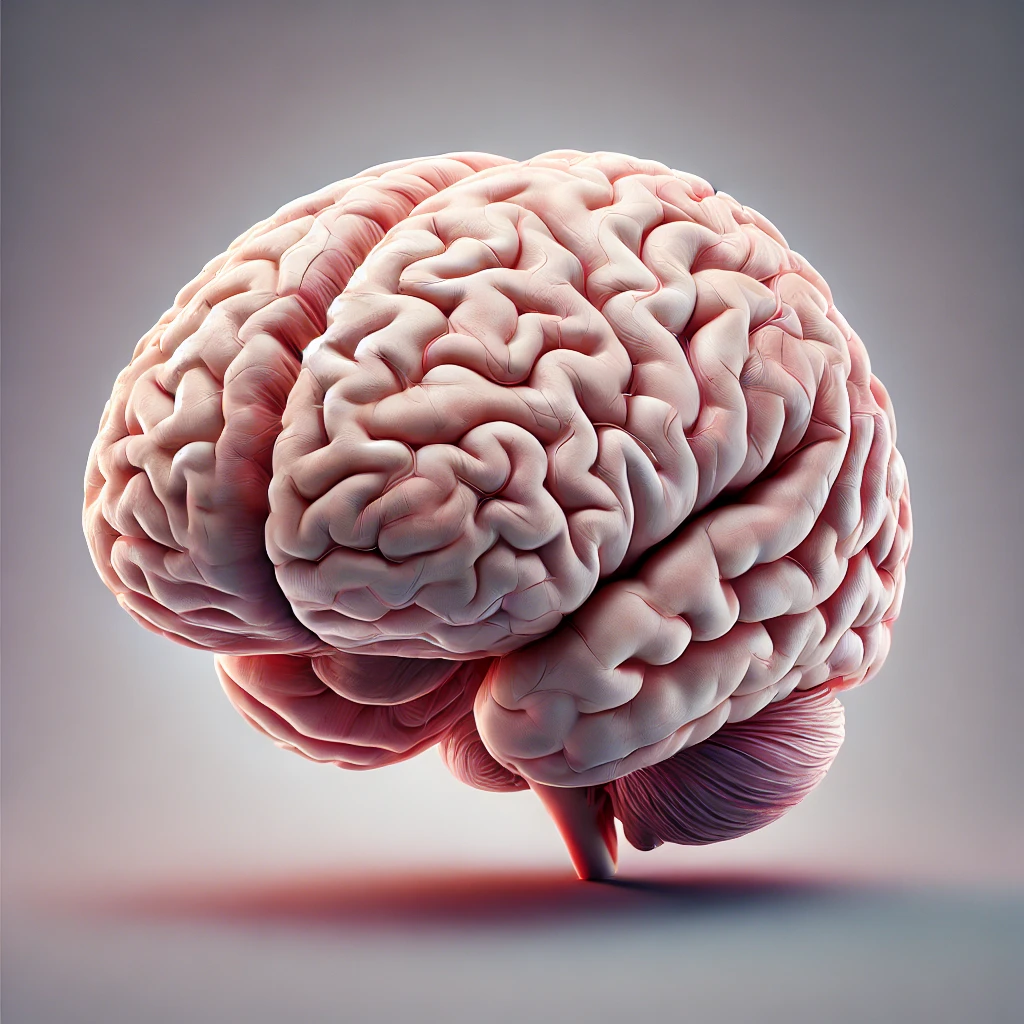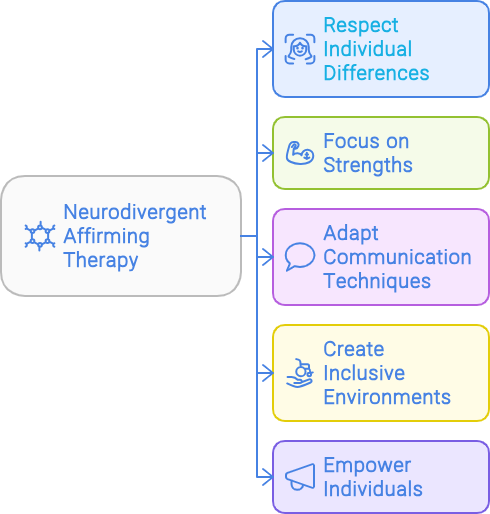
Understanding ADHD and Generalized Anxiety Disorder (GAD) in Women: Diagnosis, Impact, and Management
Table of Contents
ToggleThe Complex Interplay Between ADHD and Generalized Anxiety Disorder in Women

Attention hyperactivity disorder (ADHD) and Generalized Anxiety Disorder (GAD) significantly impact women, often coexisting and intensifying each other’s symptoms. Research indicates that women with ADHD are five times more likely to develop GAD than those without ADHD. Understanding this relationship is critical for improving diagnosis, treatment, and quality of life for women facing these dual challenges.
Understanding ADHD and Generalized Anxiety Disorder in Women: An Overview
ADHD (Attention-Deficit/Hyperactivity Disorder) is a neurodevelopmental condition that affects focus, impulse control, and time management. While ADHD is commonly associated with childhood, many women remain undiagnosed until adulthood or are overlooked entirely. GAD, on the other hand, is characterized by persistent and excessive worry across various aspects of life, such as work, relationships, and health—even when there is no obvious reason. Together, these conditions can create a difficult cycle of stress, anxiety, and overwhelm.
A Closer Look at Generalized Anxiety Disorder (GAD) Diagnosis
GAD is marked by chronic worry that interferes with daily functioning. Symptoms include:
Mental and Emotional:
- Excessive worrying, difficult to control
- Restlessness or feeling on edge
- Irritability and trouble concentrating
Physical:
- Fatigue, muscle tension, headaches
- Rapid heart rate, sweating, or digestive problems
- Sleep disturbances
Behavioral:
- Avoiding stressful situations
- Overplanning to prevent uncertainty
- Seeking constant reassurance
The Impact of Late Diagnosis and Misdiagnosis on Mental Health
ADHD often goes undiagnosed or misdiagnosed in women because their symptoms differ from the male stereotype. Instead of hyperactivity, women may experience internal struggles like chronic disorganization, mental restlessness, or overwhelm, often mistaken for anxiety or depression. Misdiagnosis can worsen both ADHD and anxiety, highlighting the need for accurate and timely diagnosis.
Masking ADHD in Women: A Hidden Burden
Many women with ADHD "mask" their symptoms to meet societal expectations, appearing organized on the outside while managing chaos internally. This masking often leads to emotional exhaustion, worsening anxiety, especially for women balancing multiple roles in their personal and professional lives.
Executive Functioning Challenges, Anxiety, and Behavior
ADHD often disrupts executive functioning, such as problem-solving and time management, creating difficulties in managing daily tasks. These struggles fuel chronic anxiety, particularly in environments not designed for neurodivergent individuals, which further exacerbates GAD symptoms.
Self-Doubt and Anxiety: The Root of Fear and Worry in Mental Health
Women with ADHD often experience a deep sense of self-doubt and fear of failure, stemming from years of unmet expectations. This lack of self-trust contributes to anxiety and worry, but building self-trust through small wins and self-compassion can help break the cycle.
The Fight-Flight-Freeze Response and Its Connection to Stress
Women with ADHD may experience heightened fight-flight-freeze responses, where everyday challenges trigger avoidance behaviors. While avoidance provides short-term relief, it perpetuates anxiety in the long term. Learning gradual exposure and using supportive coping strategies can help manage this response.
Emotional Dysregulation: A Key Factor in ADHD and GAD According to Recent Research
Emotional dysregulation—common in ADHD—intensifies the worry and fear associated with GAD. Teaching emotional regulation techniques like mindfulness or cognitive behavioral approaches can help reduce anxiety and manage both conditions effectively.
The Physical Toll of Anxiety and Stress in ADHD
Chronic anxiety can lead to physical symptoms such as headaches, muscle tension, and digestive issues, which are often misattributed solely to ADHD. Proper treatment requires addressing both ADHD and anxiety for improved overall well-being.
Stress as a Central Trigger for ADHD and GAD: Implications for Mental Health
Stress is a major trigger for worsening ADHD and GAD symptoms. Without effective management, it can lead to concentration difficulties, headaches, and digestive issues. Recognizing stress triggers and incorporating stress-reduction techniques is key to managing both conditions.
Rumination: Fueling the ADHD-Anxiety Cycle with Intrusive Thoughts
Women with ADHD and GAD often ruminate on negative thoughts, prolonging stress and emotional dysregulation. Rumination increases stress, slows recovery, and intensifies physical symptoms, contributing to the anxiety cycle.
Breaking the Cycle: Practical Tips for Managing ADHD and GAD through Therapy
Medication: The Role of Stimulants in Managing ADHD and Anxiety
While stimulant medication may help manage both anxiety and adhd symptoms, it is essential to complement it with routines that promote well-being.
Self-Care Practices
- Exercise: Regular physical activity helps manage both ADHD and anxiety.
- Sleep: Prioritizing sleep hygiene can alleviate symptoms.
- Balanced Diet: Eating well supports emotional and cognitive health.
Self-Compassion and Advocacy
- Develop self-compassion to reduce self-criticism.
- Advocate for your needs by setting boundaries to prevent overwhelm.
Cognitive Defusion: Distancing Your Mind from Anxious Thoughts
Cognitive Defusion, a technique from Acceptance and Commitment Therapy (ACT), helps separate yourself from anxious thoughts, reducing their emotional impact. Instead of becoming absorbed in the content of the thought, cognitive defusion encourages recognizing thoughts as mental events, not facts.
How to Practice Cognitive Defusion:
- Label the Thought: Shift from "I’m failing" to "I’m having the thought that I’m failing."
- Acknowledge the Thought: Visualize it passing like a cloud in the sky without engaging.
- Avoid Judgment: Simply observe the thought without labeling it good or bad.
Mindfulness-Based Stress Reduction (MBSR) for Mental Health
Mindfulness-Based Stress Reduction (MBSR) is an evidence-based approach for managing stress and anxiety through mindfulness practices. It encourages individuals to become more aware of their thoughts and feelings in a non-judgmental way, reducing emotional reactivity and promoting calm. MBSR can be particularly effective for women with both ADHD and GAD, helping them cope with stress and regulate emotions.
Noting: A Mindfulness Technique for Managing Stress
While not part of MBSR, Noting is a mindfulness practice that can be helpful in managing anxiety and ADHD symptoms. It involves labeling thoughts and feelings as they arise, which creates psychological distance and reduces the power of those thoughts.
How to Practice Noting:
- Pause and Observe: When you notice an anxious thought, take a moment to pause and observe it.
- Label the Thought or Feeling: Use simple labels like "worry" or "restlessness" to identify what you are experiencing.
- Return to the Present: After labeling, refocus on what you’re doing. If your mind wanders, repeat the process.
- Practice Self-Compassion: Acknowledge that wandering thoughts are natural and the goal is awareness, not perfection.
Why It Works: Research suggests that labeling thoughts activates the prefrontal cortex, which helps reduce emotional reactivity and improves focus.
Reflection: Taking Control of ADHD and GAD for Better Mental Health
If you or someone you know struggles with both ADHD and GAD, seeking professional support is crucial. By focusing on stress management, emotional regulation, and self-awareness, you can begin to break the cycle of anxiety and overwhelm.
What You Can Do Today:
- Start practicing Noting to manage anxious thoughts.
- Begin journaling to identify stress triggers.
- Advocate for yourself to reduce feelings of overwhelm.
Takeaway Box:
- ADHD and GAD frequently co-occur, creating cycles of stress and rumination.
- Techniques like Noting and Cognitive Defusion reduce emotional reactivity.
- ADHD is often misdiagnosed in women due to masking, leading to ineffective treatments.
- Meditation, mindfulness, self-compassion, and advocacy can enhance focus, reduce anxiety, and improve well-being.
Related Posts on Mental Health






